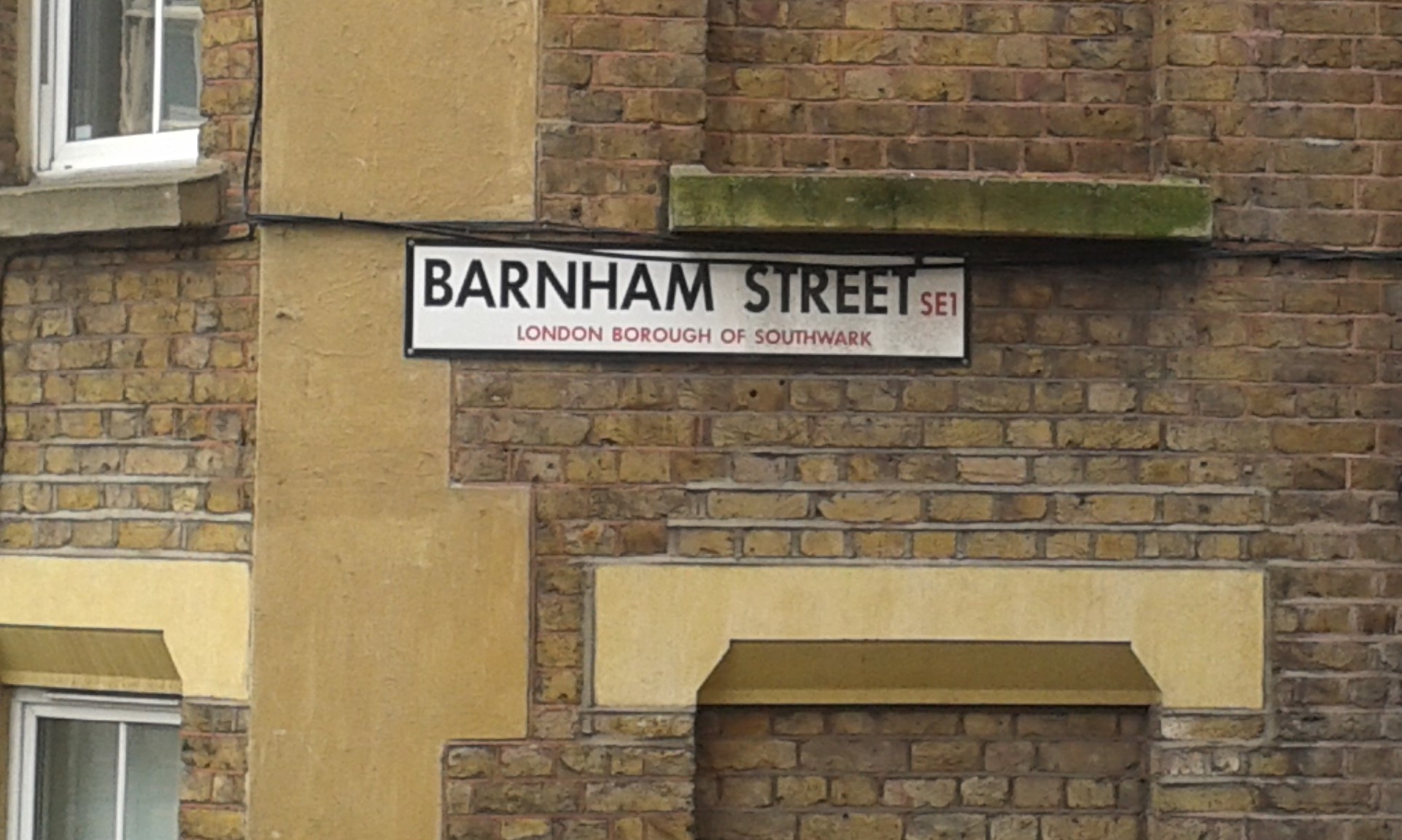New story, “Twelve Days of Christmas”, is out now. It’s in a collection called The Astronaut Always Rings Twice, edited by Shannon Allen and JR Campbell, published by Tyche Books.
As the book’s title suggests, it’s a themed collection of science fiction noir stories. So my near-future tale of a compromised private detective on the trail of a missing tech dissident fits right in (although I confess there’s no astronaut in it!).
You can get the book (print or ebook) from various places (check out the link: https://tychebooks.com/astronaut-rings-twice)
Here’s a taster:
Day One
My office was colder than a well-digger’s ass, to quote Tom Waits. Thick snow hid the block across the street, so there was no hope of seeing the college girls on the fourth floor getting ready to go out. Another day wasted.
My feet were on the desk and I held a cup of coffee in both hands. A wind-up radio on the desk was tuned to the cricket from Adelaide, but I wasn’t listening. I checked my bank account online, as I seemed to do every hour. There were no new payments from my mystery benefactor. I needed some work.
As if by magic, footsteps on the stairs were followed by a soft knock on the door.
“It’s open.”
A blonde, thirty-fiveish woman stood there, looking like she would run away again if I said ‘Boo’. Her face was worthy of the angel on the Christmas tree that partly blocked my office door, if it had an angel. There was something sad in her eyes. Of course, there was, why else come to me?
“I’m looking for Mister Hammett.”
“Wow, you found me. Ever thought of work as a private detective?”
“The name is on the door, Mister Hammett.”
“Damn. You make one mistake. Coffee?”
“I like the tree.” She sat opposite me. “You don’t see many these days.”
“It isn’t real. There’s a magnetized steel pole inside the trunk. For reasons you can probably guess.”
I filled a mug with coffee, and put it in front of her on a tray with a packet of powdered milk and two sugar cubes. I know how to treat my guests.
“I need your help,” she said. “It’s about my husband.”
I held up a hand and reached into my desk drawer to pull out the card on which was printed: DON’T SPEAK. PUT PHONE ON TABLE. I carried the radio over to the window, where I placed it with the speaker pressed against the glass. I tuned to a music station and turned up the volume. I picked up the woman’s phone and peeled off the backing, took out the battery and placed both on the desk between us.
“Now, what can I do for you?”
“It’s my husband,” she said. “Someone’s kidnapped him.”
(Read more of this story, and the other excellent tales collected in the book)







